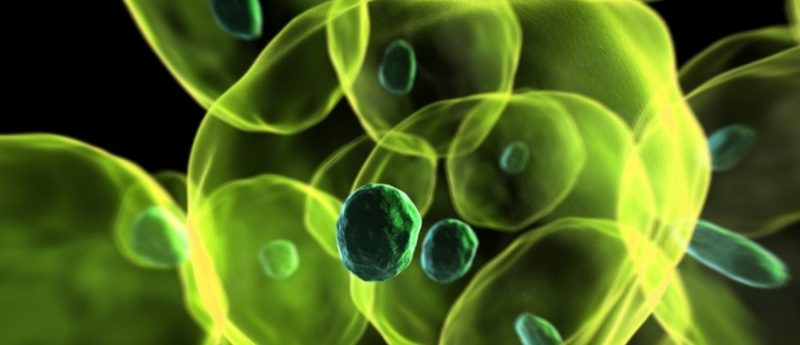Could Muse cells inspire new cell-based therapies for stroke?

New research suggests Muse cells may be promising in the search for a new stroke therapy
Recently published research from the Tohoku University Graduate School of Medicine (Sendai, Japan) and University of South Florida College of Medicine (FL, USA) has highlighted multilineage-differentiating stress-enduring, or ‘Muse cells’, as a promising start in the search for a cell-based ischemic stroke therapy.
Stem cells have attracted attention as a possible stroke therapy for several years; however, research has highlighted several drawbacks, including issues with accessibility and oncogenicity. Muse cells, on the other hand, are easily obtainable, non-tumorigenic and derivable from adult tissue. They also require no genetic manipulation, displaying inherent stem cell properties.
With this in mind, the researchers injected Muse cells stereotaxically into three sites within rat ischemic cortex, 2 days after transient middle cerebral artery occlusion. They then analyzed the effects for over 84 days, observing a high ratio of differentiation into neuronal cells, and improvement in neurological and motor functions compared with control.
“Muse cells are unique stem cells that are able to self-renew and also display high efficiency for differentiating into neuron-like cells,” explained lead author Cesar V Borlongan (University of South Florida, FL, USA). “Unlike mesenchymal stem cells that have previously been used in stem cell transplantation in stroke-related clinical trials, in the present study Muse cells were found to possess functional characteristics of neurons as they attain the attributes of the host microenvironment. When Muse cells were transplanted into to the brains of rats modeled with stroke, they attained neuronal characteristics.”
Commenting further on the study, Mari Dezawa (Tohoku University, Japan), noted: “Ours is the first study to show that human skin fibroblast-derived Muse cells can have neuron-like function, possess an inherent ability to assume ‘stemness’ properties, and to readily differentiate into neural-lineage cells after integration into the stroke brain. Our results show that Muse cells are a feasible and promising source for cell-based approaches to ischemic stroke therapy.”
— Written by Francesca Lake
Sources: Uchida H, Morita T, Niizuma K et al. Transplantation of unique subpopulation of fibroblasts, Muse cells, ameliorates experimental stroke possibly via robust neuronal differentiation. Stem Cells doi:10.1002/stem.2206 (2015) (Epub ahead of print); www.newswise.com/articles/transplantation-of-unique-newly-discovered-stems-cells-may-lead-to-promising-stroke-therapy